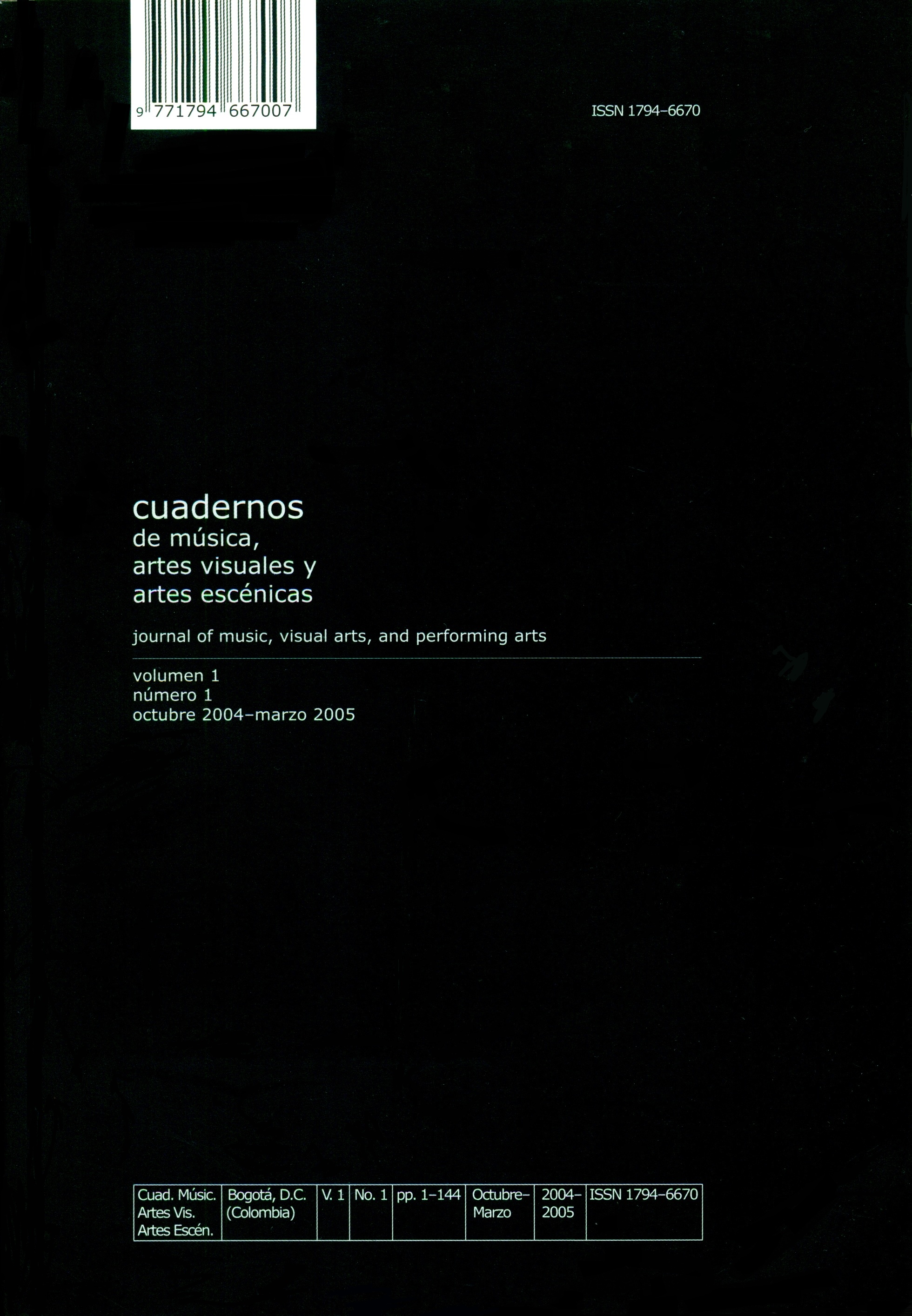Resumen
El presente artículo es un análisis de la fotografía presentada por el grupo guerrillero ELN como prueba de supervivencia de dos de los siete extranjeros secuestrados en las montañas de la Sierra Nevada de Santa Marta en Colombia, en septiembre 12 de 2003. En esta imagen, la Señorita Alemana Reinhilt Weigel, sonríe y carga un rifle de asalto AK–47 convirtiéndose en una imagen que el autor clasifica como transitoria y subversiva; no sólo por su contenido sino por la disrupción que presenta en lo que es entendido por ciertos contextos como lo femenino. La discusión que el autor desarrolla es el entrecruzamiento de estudios visuales y cuestiones de género, mostrando las diferentes conexiones que existen entre cuerpo e imagen en el contexto Colombiano donde diferentes formas institucionales hacen uso de lo femenino como significante. En el artículo, se parte del supuesto de que la imagen no es una mera aparición o representación sino que esta se enmarca dentro del sentido de la performancia e identidad. Este artículo busca ahondar en la imagen–cuerpo y sus usos para así establecer una explicación de su caracterización, a través de la imagen de la Srta. Weigel, que vaya más allá de lo aparentemente impropio de la esta.Esta revista científica se encuentra registrada bajo la licencia Creative Commons Reconocimiento 4.0 Internacional. Por lo tanto, esta obra se puede reproducir, distribuir y comunicar públicamente en formato digital, siempre que se reconozca el nombre de los autores y a la Pontificia Universidad Javeriana. Se permite citar, adaptar, transformar, autoarchivar, republicar y crear a partir del material, para cualquier finalidad, siempre que se reconozca adecuadamente la autoría, se proporcione un enlace a la obra original y se indique si se han realizado cambios. La Pontificia Universidad Javeriana no retiene los derechos sobre las obras publicadas y los contenidos son responsabilidad exclusiva de los autores, quienes conservan sus derechos morales, intelectuales, de privacidad y publicidad.
El aval sobre la intervención de la obra (revisión, corrección de estilo, traducción, diagramación) y su posterior divulgación se otorga mediante una licencia de uso y no a través de una cesión de derechos, lo que representa que la revista y la Pontificia Universidad Javeriana se eximen de cualquier responsabilidad que se pueda derivar de una mala práctica ética por parte de los autores. Como consecuencia de la protección brindada por la licencia de uso, la revista puede publicar retractaciones o corregir la información ya publicada. La publicación de contenidos en esta revista no representa regalías para los contribuyentes.


